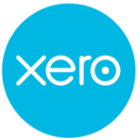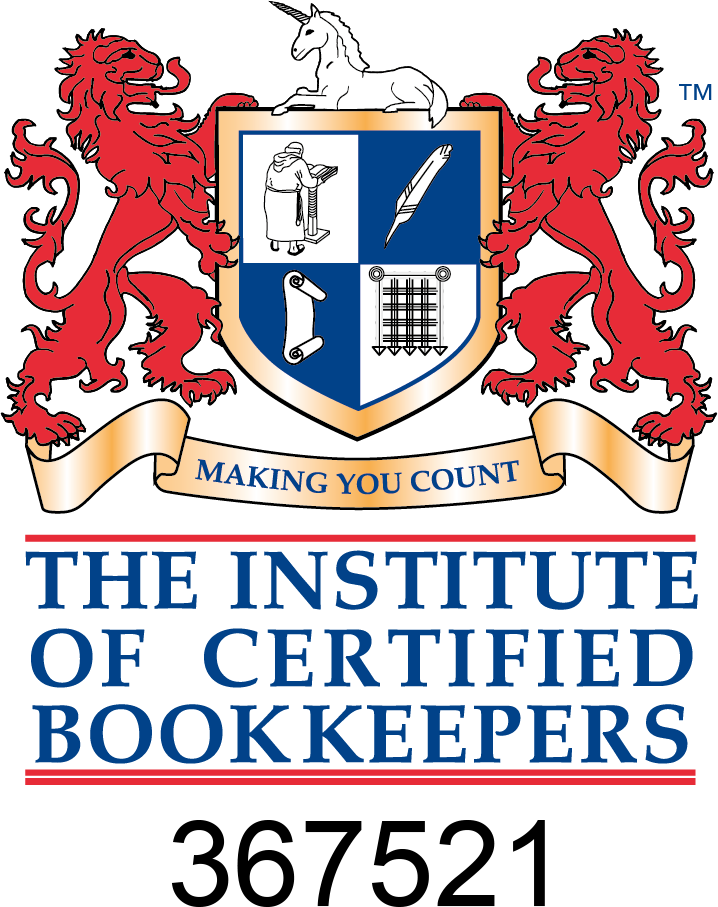UK companies must meet specific financial reporting standards when preparing and filing their statutory accounts.
If your company is a small business or micro entity, you don’t have to file your full accounts with Companies House.
Instead, you can file a shortened or abridged version.
There are two financial reporting standards for doing this; FRS 102 and FRS 105.
How should you decide which of these to use?
What is FRS 102?
FRS 102 represents simplified financial reporting for SMEs. This general-purpose standard includes some disclosure exemptions. This means there are only certain pieces of information you need to include in your statutory accounts.
These include:
- Balance sheet
- Profit and loss account
- Notes about the accounts
- Director’s report
- Name and signature of the company director
Essentially, FRS 102 is a single reporting standard that applies to a broad range of businesses that qualify as small companies.
To qualify as a small company, you must meet two out of these three criteria:
- Annual turnover of £10.2 million or less
- Balance sheet total of £5.1 million or less
- No more than 50 employees
Small companies can benefit from following the FRS 102 financial reporting standard because it reduces the amount of information they must prepare and file for their statutory accounts. At the same time, it is still a recognised financial accounting standard.
What is FRS 105?
FRS 105 is the financial reporting standard for companies classed as micro-entities.
It’s based on FRS 102 but is simplified further. Under the FRS 105 financial reporting standard, your statutory accounts must include:
- Balance sheet
- Profit and loss account
This simplified format reflects the size and nature of the micro-entities that can use it for their annual accounts.
For your business to qualify as a micro-entity, it must meet two of the following conditions:
- Annual turnover not more than £632,00
- Balance sheet total not more than £316,000
- No more than 10 employees
FRS 105 vs FRS 102
Providing your business meets the conditions for being a micro-entity, then FRS 105 is an ideal option for preparing and filing your accounts in a simplified fashion.
For many small businesses, FRS 105 has become the norm. However, just because you qualify for this accounting format doesn’t mean it will be the best one for you.
Your choice of financial reporting format should depend on the specific circumstances of your company, and whether you need more complex financial statements.
The easiest way of deciding this is to get professional accounting advice.
At Venn Accounts, we specialise in cloud accounting for SMEs. We can advise you on the most appropriate format for your statutory accounts and we’ll help you prepare and file them.
For more details, please get in touch.







